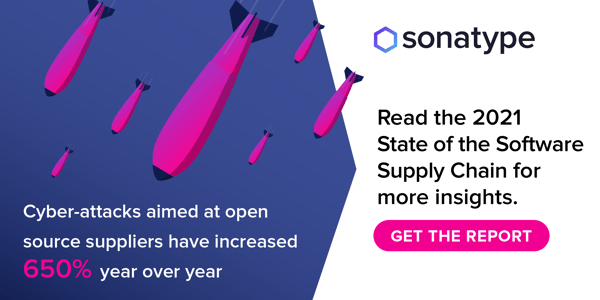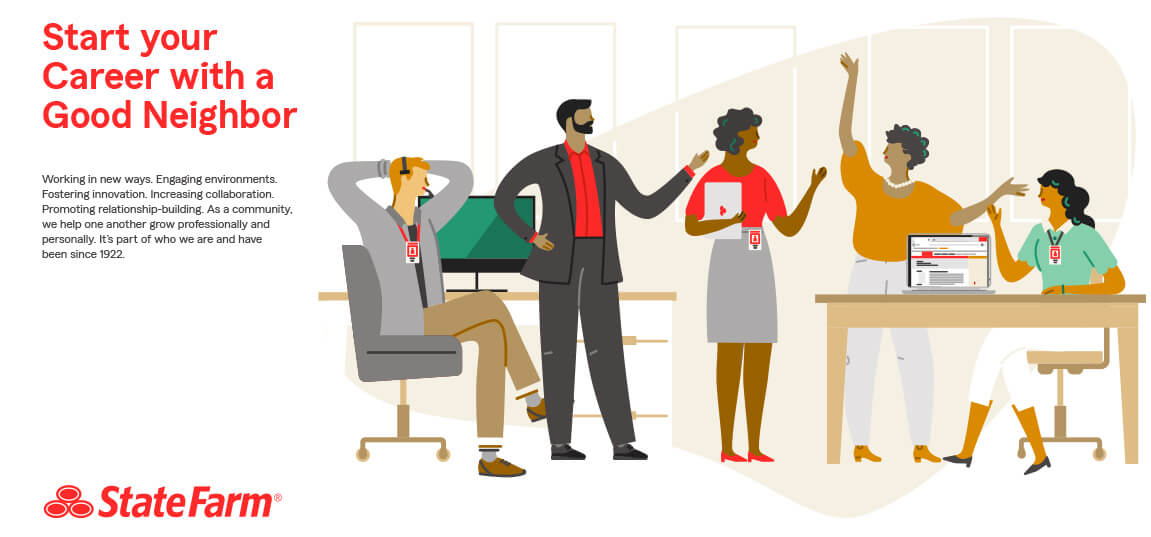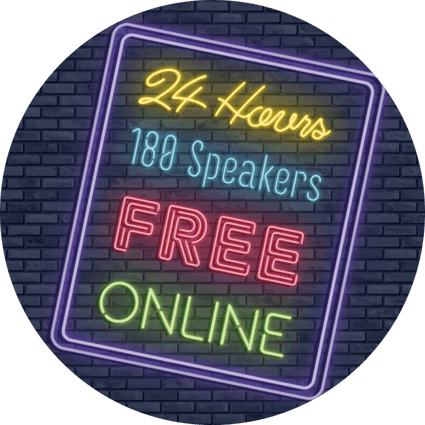Tejas Chopra is a Senior Software Engineer working in the Data Storage Platform team at Netflix. He is responsible for architecting storage solutions to support Netflix Studios and Netflix Streaming Platform. He will be speaking at this year's All Day DevOps (ADDO), the world's largest DevOps conference, which will be streaming live for 24 hours starting at 3 a.m. ET on October 28, 2021. The virtual event gathers more than 25,000 DevOps professionals for free, hands-on education from 180+ speakers, along with peer-to-peer insights and networking with professionals worldwide.
Empathetic microservices
His talk, entitled Microservices for the Next Billion Users, focuses on designing systems that are empathetic towards its users. An empathetic system is one that adapts to its users. A simple example of an empathetic system is one that would adapt to the user's native language based on location. Another example could be an application that teaches its users how to use it from within the app itself. These adaptations, which render the systems more empathetic to their users, are all “microservices.”
Microservices are an architectural and organizational approach to development in which software is understood as being composed of small independent services that communicate over well-defined APIs. Each of these services is owned and developed by small, self-contained teams. Microservices architectures make it easier to scale applications while making them faster to develop, enabling innovation, accelerating new features development, and leading to more frequent releases - classic DevOps benefits.
Of course, for a system to be empathetic towards its users, it will require data. At All Day DevOps, Tejas will also emphasize the importance of collecting data and performing analytics on that data. He will also discuss the potential challenges of dealing with unstructured data sets and provide insights on how he adapted his data models to deal with that issue.
Different puzzle with similar learnings
Prior to Netflix, Tejas had a startup company called JbTale in India. JbTale's mission was to reengineer India’s food and grocery value chain in an attempt to reduce waste using technology, data science, and design. The platform would enable retail traders (small and medium business owners) to buy fast-moving consumer goods (i.e., food) from wholesale traders using an Android app in an attempt to reduce waste. It was an invaluable experience for Tejas, one that taught him many lessons. He later applied those lessons to his work at Netflix, where he was tasked with building storage solutions to support Netflix's billions of film and television production assets, which rely heavily on cloud systems.
According to Tejas, the scale of his experience at JbTale can be applied to Netflix and many other industries serving millions of users.
“I learned what not to do, which is a great experience. Mistakes will guarantee success and sometimes you need to go through the pain first before learning to succeed,” says Tejas.
His talk will cover how these different pieces fit together elegantly to build better customer experiences. And while Tejas doesn't directly call out particular DevOps practices, they are implied within the experiences he will be relaying.
Insights and takeaways
This talk will definitely provide valuable insights to any software engineer that designs systems/infrastructure in general and cloud infrastructure in particular. So while a less technical audience will still come away from this talk with a better understanding of infrastructure and cloud computing, it is nonetheless geared towards those with a software engineering background.
Some of the key takeaways include:
- How seemingly unrelated problems can be solved using infrastructure and the cloud;
- How empathetic systems are critical to both better customer experiences and industry growth;
- How to use the Agile framework to build applications that can adapt to its users;
- The importance of gaining insights into how users interact with technology.
Register for All Day DevOps (ADDO)
All Day DevOps (ADDO), the world's largest DevOps conference, will be streaming live for 24 hours starting at 3 a.m. ET on October 28, 2021. Founded in 2016, the virtual event gathers more than 25,000 DevOps professionals for free, hands-on education. The All-Day DevOps is a global community of more than 75,000 DevOps practitioners and thought leaders offering free learning, peer-to-peer insights, and networking with professionals worldwide. Founded in 2016, the community hosts an annual conference, live forums, and ongoing educational experiences online. The 2021 event will feature a lineup of 180+ speakers in six separate tracks, including CI/CD Continuous Everything, Cultural Transformation, DevSecOps, Government, Modern Infrastructure, and Site Reliability Engineering.
Register online to participate in the 24-hour live, global event on October 28.



.png?width=610&name=J1_ModernCybersecurityBook_Promo%201200x628%20v2@2x%20(1).png)



